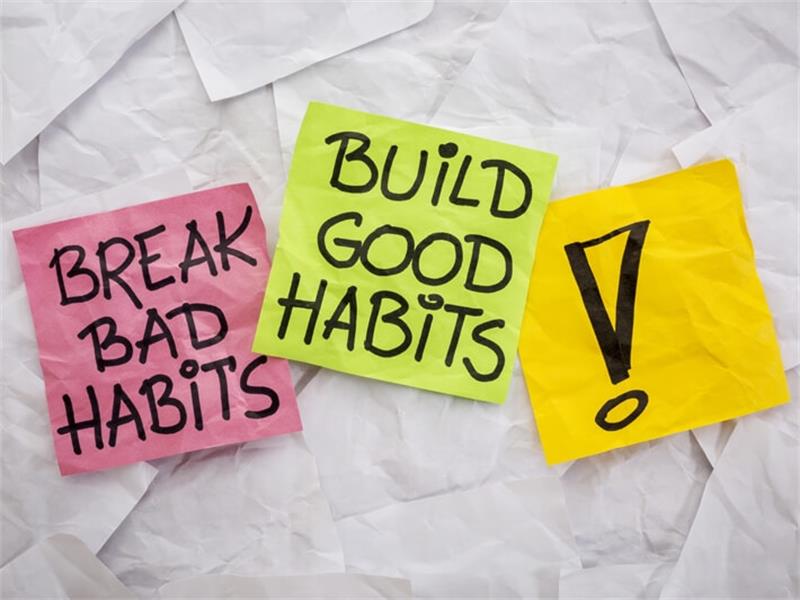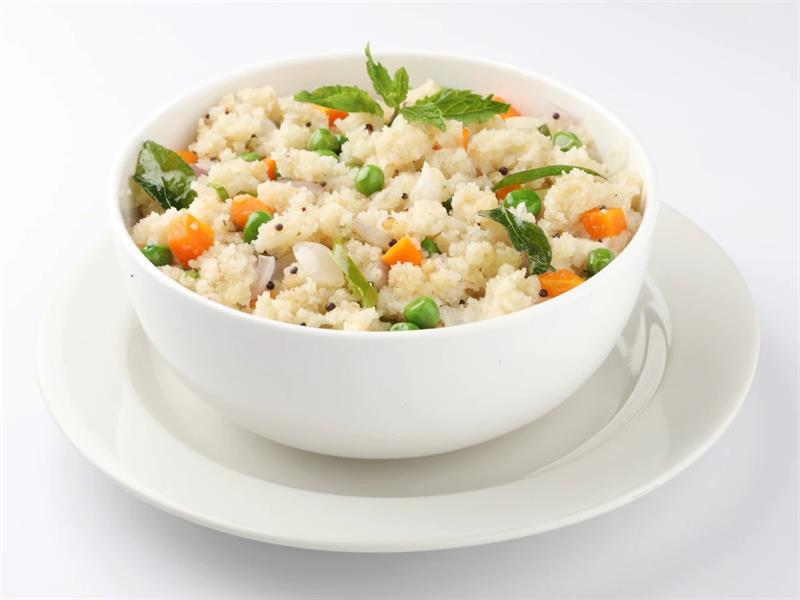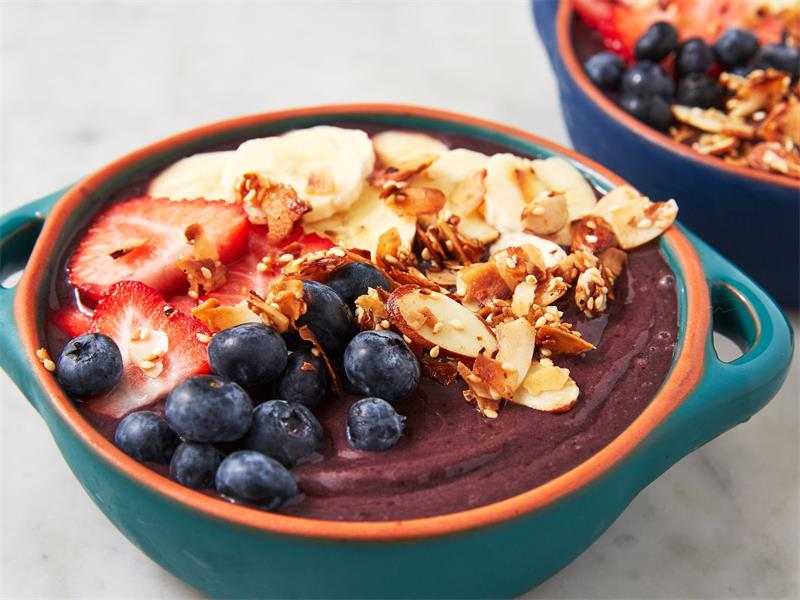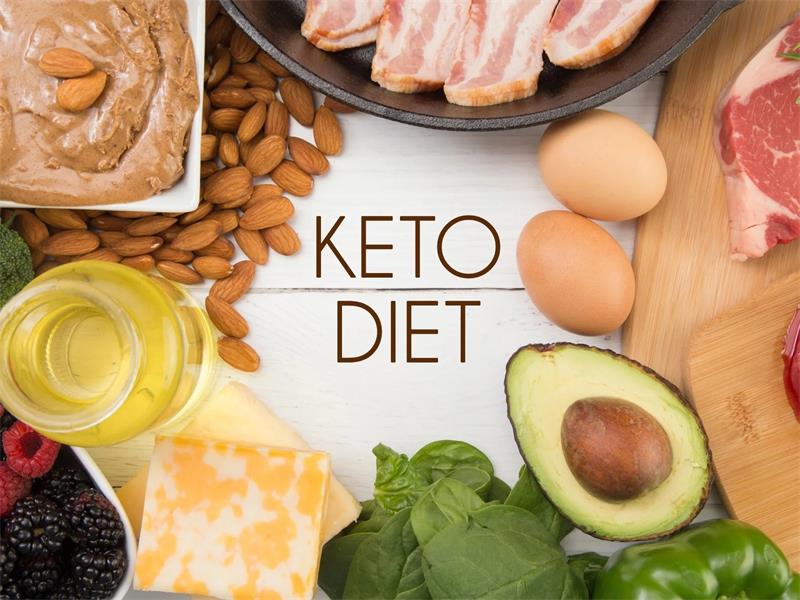Contents
- 1 The Metabolism-Weight Loss Connection
- 2 Why Boosting Your Metabolism Matters
- 3 The Bottom Line: You Need a Boost
- 4 Eat More Protein: The Metabolism-Boosting Nutrient
- 5 Drink Green Tea
- 6 Lift Weights or Do Resistance Training
- 7 The importance of getting enough sleep for boosting metabolism
- 8 How to improve sleep quality for a boosted metabolism
- 9 Stay Hydrated
- 10 Avoid Crash Diets
- 11 Conclusion
The Metabolism-Weight Loss Connection
Have you ever wondered why some people seem to eat whatever they want without gaining weight, while others struggle to lose those extra pounds? The answer lies in your metabolism – the chemical processes that occur within your body to maintain life.
Your metabolism plays a crucial role in weight loss because it determines how many calories you burn each day. Simply put, your metabolism is like an engine that burns fuel (calories) to keep your body functioning.
The faster your metabolism, the more calories you burn and the easier it is to lose weight. That’s why boosting your metabolism is key to achieving sustainable weight loss.
Why Boosting Your Metabolism Matters
There are many reasons why boosting your metabolism should be a top priority if you’re trying to lose weight. Firstly, when you increase your metabolism, you burn more calories even when resting or sleeping.
This means that even if you’re not working out or being active throughout the day, a faster metabolism will still help you lose weight. Secondly, a faster metabolism can also help prevent future weight gain by enabling your body to handle excess calories better.
When calories are not burned efficiently due to a slow metabolic rate, they get stored as fat rather than being used for energy. Increasing your metabolic rate can improve overall health by supporting digestion and reducing the risk of chronic diseases such as diabetes and heart disease.
The Bottom Line: You Need a Boost
If losing weight has been a struggle for you in the past, then it’s time for a metabolic boost! By increasing your metabolic rate through diet and exercise changes (which we’ll discuss later), you will be able to achieve steady and sustainable weight loss while also improving overall health outcomes. So let’s dive into some effective strategies for boosting that sluggish metabolism!
Eat More Protein: The Metabolism-Boosting Nutrient
When it comes to boosting your metabolism, incorporating more protein into your diet is a must. Not only does protein keep you feeling full and satisfied longer than carbohydrates or fats, but it also has a high thermic effect, meaning that your body burns more calories digesting protein than any other macronutrient.
This increase in calorie burn helps rev up your metabolism and can aid in weight loss efforts. So what are some high-protein foods you should be eating?
Lean meats such as chicken, turkey, and fish are excellent sources of protein with the added benefit of being low in fat. Vegetarians can opt for plant-based proteins such as beans, lentils, quinoa, and tofu.
Greek yogurt is another excellent source of protein with the added benefit of probiotics for gut health. Eggs are also a great way to boost protein intake – hard-boiled eggs make an easy grab-and-go snack.
If you’re looking to incorporate more protein into your diet without adding too many calories or sacrificing taste, try adding a scoop of unflavored whey or pea protein powder to smoothies or oatmeal. It’s an easy way to amp up the nutrition profile of any meal while keeping you feeling full and satisfied.
Incorporating more protein into your diet doesn’t have to be difficult – start by making small changes each day such as swapping out carb-heavy snacks for high-protein options like sliced turkey or hummus with veggies. Over time, these small changes can add up to big results when it comes to boosting metabolism and achieving weight loss goals.
Drink Green Tea
The Power of Green Tea
Green tea is a popular beverage that has been consumed for thousands of years for its numerous health benefits, including weight loss and metabolism-boosting properties. The key component in green tea, catechin, has been shown to increase the body’s metabolic rate, leading to more calories being burned throughout the day.
Furthermore, green tea contains caffeine which also contributes to increasing metabolism. In addition to its metabolism-boosting properties, green tea is also rich in antioxidants that can help protect against disease and improve overall health.
Tips for Incorporating Green Tea into Your Daily Routine
Incorporating green tea into your daily routine is easy and can be done in a variety of ways. Here are some tips for making green tea a regular part of your life:
1) Start your morning with a cup of green tea: Replace your morning coffee with a cup of hot or iced green tea. This can help jumpstart your metabolism and give you an energy boost.
2) Drink it after meals: Drinking a cup of green tea after meals may help regulate blood sugar levels and aid in digestion. 3) Use it as a pre-workout drink: Drinking green tea before exercise may help increase fat burning during exercise and boost overall metabolism.
4) Mix it up with other flavors: Experiment with adding different flavors such as lemon or honey to your cup of green tea for added taste and health benefits. By incorporating just one or two cups of green tea into your daily routine, you can reap the many health benefits associated with this super drink while boosting your metabolism at the same time.
Lift Weights or Do Resistance Training
Pump Up Your Metabolism with Strength Training
Many people are under the impression that cardio is the key to weight loss, but building muscle through strength training can be just as important. This is because muscle burns more calories at rest than fat does, meaning that the more muscle you have, the higher your resting metabolic rate will be. In fact, some studies have shown that strength training can increase metabolism by up to 15 percent!
So what kind of exercises should you be doing? There are plenty of options, whether you’re looking to hit the gym or work out at home.
One effective method is to use resistance bands or dumbbells for exercises like bicep curls, squats, and lunges. Bodyweight exercises like push-ups and planks are also great for building strength.
Effective Exercises You Can Do Anywhere
If going to a gym isn’t really your thing, don’t worry! There are plenty of ways to get a good strength workout at home or outside.
One simple option is to invest in a set of resistance bands. These versatile tools can be used for a huge range of exercises and come in different levels of resistance depending on your fitness level.
Bodyweight exercises like push-ups and squats are also great options. To make them more challenging, try adding in some plyometric movements like jumping squats or clap push-ups.
And don’t forget about your core! Exercises like planks and Russian twists can help build up core strength which will aid in overall body stability during exercise.
Making Strength Training a Habit
The key to getting results with any form of exercise is consistency – which means making it a habit. Set aside time each week (even just 20-30 minutes) for strength training workouts, whether that means hitting the gym or doing exercises at home. And don’t forget to mix it up!
Incorporating different exercises and resistance levels will help keep your body challenged and prevent boredom. If you’re new to strength training, it can be helpful to work with a personal trainer or take a class to ensure proper form and avoid injury.
And always remember to listen to your body – if you’re feeling tired or sore, take a break or adjust the intensity of your workout. With time and consistency, you’ll begin to see the benefits of strength training for both your muscles and metabolism.
The importance of getting enough sleep for boosting metabolism
Getting sufficient sleep is vital for your overall health, but it also plays a significant role in your metabolism. Studies have found that lack of sleep can result in a slower metabolism, which can lead to weight gain.
This is because when you are sleep-deprived, your body produces more cortisol, a hormone that increases appetite and encourages fat storage. Furthermore, sleep deprivation affects the production of leptin and ghrelin hormones.
Leptin suppresses appetite while ghrelin stimulates hunger. When you don’t get enough rest, the levels of these hormones become imbalanced, leading to increased cravings and overeating.
How to improve sleep quality for a boosted metabolism
There are several ways you can improve the quality of your sleep and boost your metabolism: 1. Stick to a consistent schedule: Try to go to bed and wake up at the same time every day. Your body will adjust to this routine and prepare itself for rest at night.
2. Create a relaxing bedtime routine: Engage in calming activities like taking a warm bath or reading before sleeping instead of watching TV or using electronic devices. 3. Make sure your sleeping environment is comfortable: Invest in comfortable bedding and make sure the room temperature is cool enough for optimal rest.
4. Reduce caffeine intake: Caffeine intake should be reduced during the day as too much caffeine can disrupt normal sleeping patterns. 5. Incorporate exercise into your daily routine: Regular physical activity has been linked with improved quality of sleep which ultimately boosts metabolic rate.
6. Consider natural remedies like herbal teas or essential oils known for their calming effects such as chamomile tea or lavender oil that reduce stress levels before going to bed. Ensuring you get adequate restorative and uninterrupted sleep every night can help boost your metabolic rate which leads to sustainable weight loss goals and achievement eliminating fatigue arising from a slower metabolism.
Stay Hydrated
Dehydration and Metabolism
One of the most important things you can do to boost your metabolism is to stay hydrated. Dehydration can slow down your metabolism, which can have a negative impact on weight loss efforts. When you’re dehydrated, your body’s natural processes slow down, including your metabolism.
This means that you burn fewer calories at rest, making it harder to lose weight. Dehydration can also lead to a decrease in physical performance and endurance.
This means that you may not be able to work out as hard or for as long as you would if you were properly hydrated. Not only can this hinder your weight loss progress, but it can also make exercise less enjoyable.
Tips for Staying Hydrated
So how do you ensure that you stay hydrated throughout the day? The best way is to drink plenty of water. Aim for at least 8 cups of water per day, and more if you’re exercising or spending time in hot weather conditions.
In addition to water, there are other fluids that can help keep you hydrated. For example, low-sugar sports drinks and coconut water are both good options for replenishing electrolytes lost during exercise.
Another way to stay hydrated is by eating foods with high water content. Fruits and vegetables such as watermelon, cucumber, celery, and strawberries are all great choices.
Try to avoid sugary drinks like soda and juice. These beverages can actually dehydrate you further due to their high sugar content.
Instead opt for unsweetened tea or coffee or add slices of fruit like lemon or cucumber into your water for added flavor without the added sugar. By staying hydrated throughout the day with these tips in mind not only will it boost metabolism but it will help improve overall health too!
Avoid Crash Diets
The Downfall of Crash Diets
One of the biggest mistakes that people make when trying to lose weight is to resort to crash diets. These diets are restrictive and often require you to cut out entire food groups or severely limit your calorie intake. While they may seem effective in the short term, in reality, they can do more harm than good.
Crash diets are unsustainable and can be detrimental to your overall health. This is because they often don’t provide your body with all the nutrients it needs, which can lead to deficiencies and other health problems.
Moreover, when you drastically reduce your calorie intake, your body goes into starvation mode and slows down its metabolism in order to conserve energy. This means that when you inevitably stop the diet and go back to eating normally, you’re likely to gain back all the weight you lost (and then some!).
A Better Way: Sustainable Approaches to Weight Loss
If you’re looking for a more sustainable approach to weight loss, there are a few simple changes that you can make to your diet and lifestyle that will help boost your metabolism and promote healthy weight loss. Firstly, focus on eating a balanced diet that includes plenty of fruits, vegetables, whole grains, lean protein sources (such as chicken or fish), and healthy fats (such as avocado or nuts). Avoid processed foods as much as possible and aim for a variety of colors on your plate.
Secondly, find an exercise routine that works for you. This could be anything from going for a daily walk or jog around the block to joining a gym or taking up a new sport.
The important thing is that you find something that you enjoy doing so that it’s sustainable in the long run. Don’t forget about self-care!
Getting enough sleep each night (7-8 hours) is crucial for maintaining a healthy metabolism, as is staying hydrated throughout the day. Additionally, managing stress levels through mindfulness practices such as meditation or yoga can also help keep your metabolism firing on all cylinders.
Overall, the key to sustainable weight loss is to make small, manageable changes to your lifestyle that you can stick with in the long term. Avoiding crash diets and focusing on nourishing your body with whole foods, regular exercise, and self-care are the best ways to achieve a healthy weight while also promoting overall health and well-being.
Conclusion
Congratulations! You’ve made it to the end of this article on boosting your metabolism for weight loss.
By now, you should have a good understanding of the various ways in which you can boost your metabolism and lose weight in a healthy, sustainable way. Remember that these tips aren’t just quick fixes but rather a holistic approach to improving your overall health and wellbeing.
Eating more protein, drinking green tea, lifting weights or doing resistance training, getting enough sleep, staying hydrated, and avoiding crash diets are all effective strategies for boosting metabolism and achieving weight loss goals. While each of these tips alone can make a difference in your metabolic rate, combining them can help you achieve even greater success.
So what are you waiting for? Start incorporating these tips into your lifestyle today!
Remember that small changes done consistently over time can lead to big results. Don’t give up if you don’t see immediate progress – be patient with yourself and trust the process.
With dedication and perseverance, you too can boost your metabolism and achieve the healthy body you deserve. Improving one’s metabolism is not an overnight process but rather a long-term commitment to one’s health.
With proper nutrition, exercise habits and restful sleep patterns it is achievable for anyone wishing to improve their body composition while maintaining muscle mass. By taking small steps towards making healthier choices every day we will surely see positive progress overtime leading us to our ultimate goal; living our best lives full of energy and vitality!













